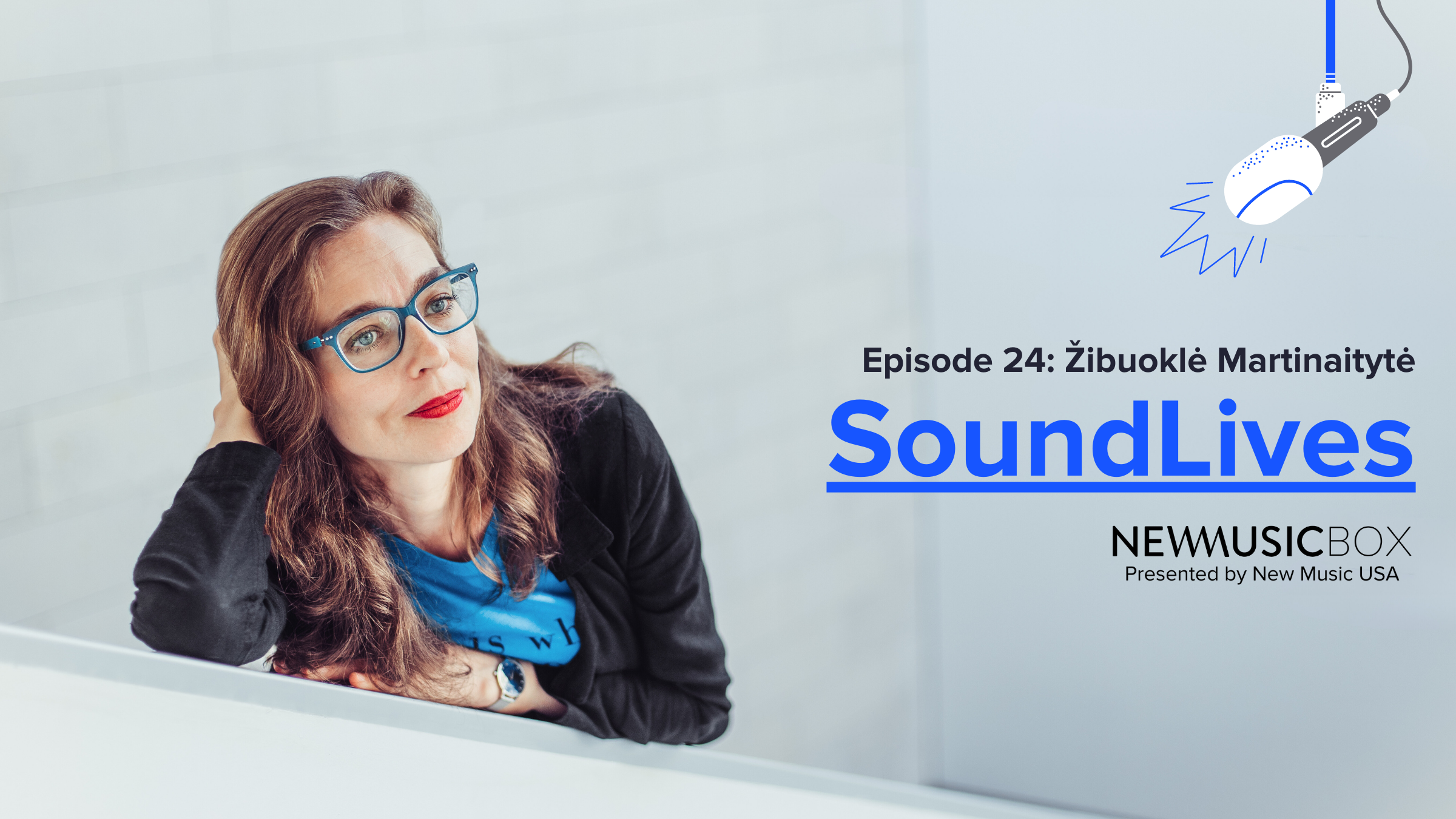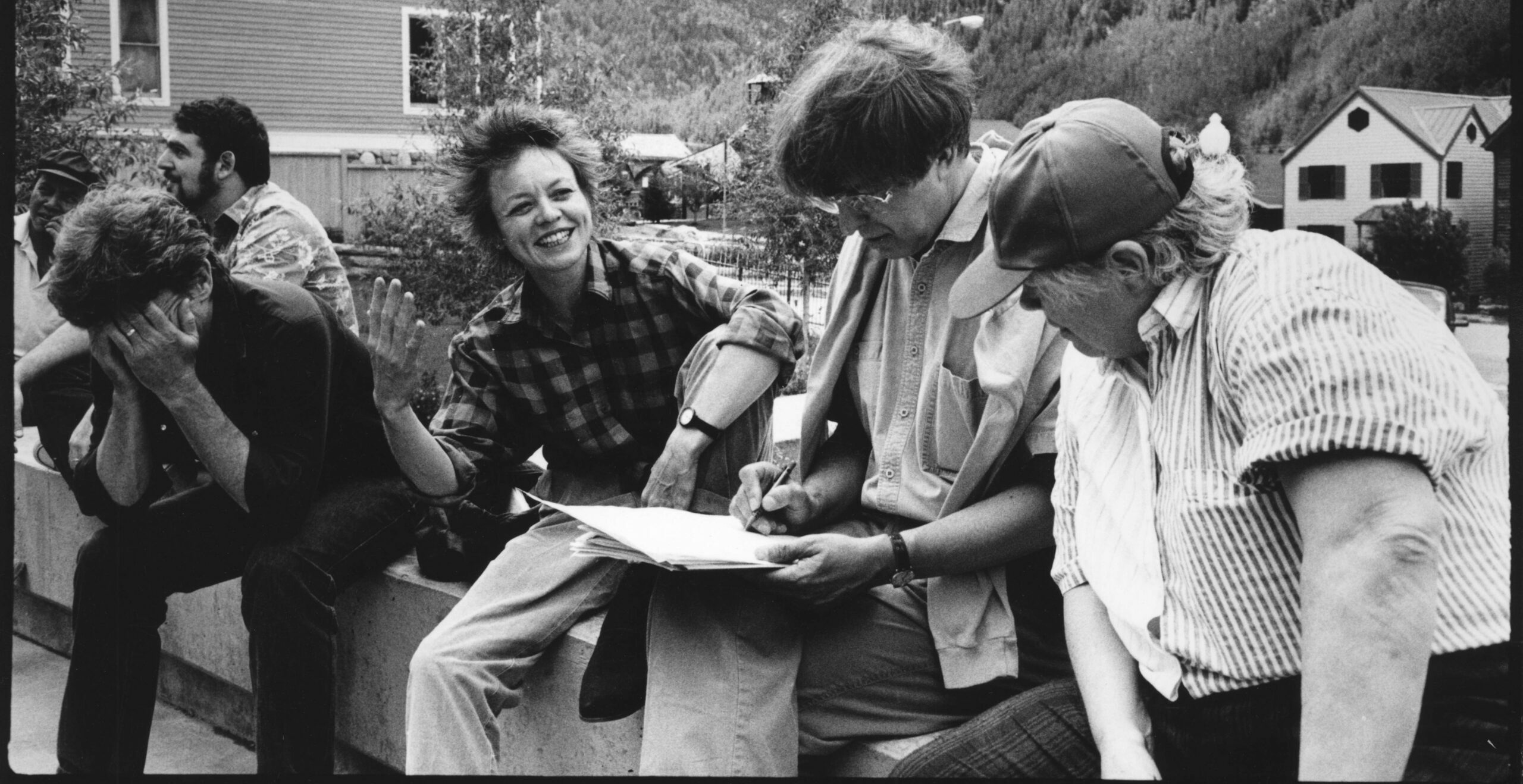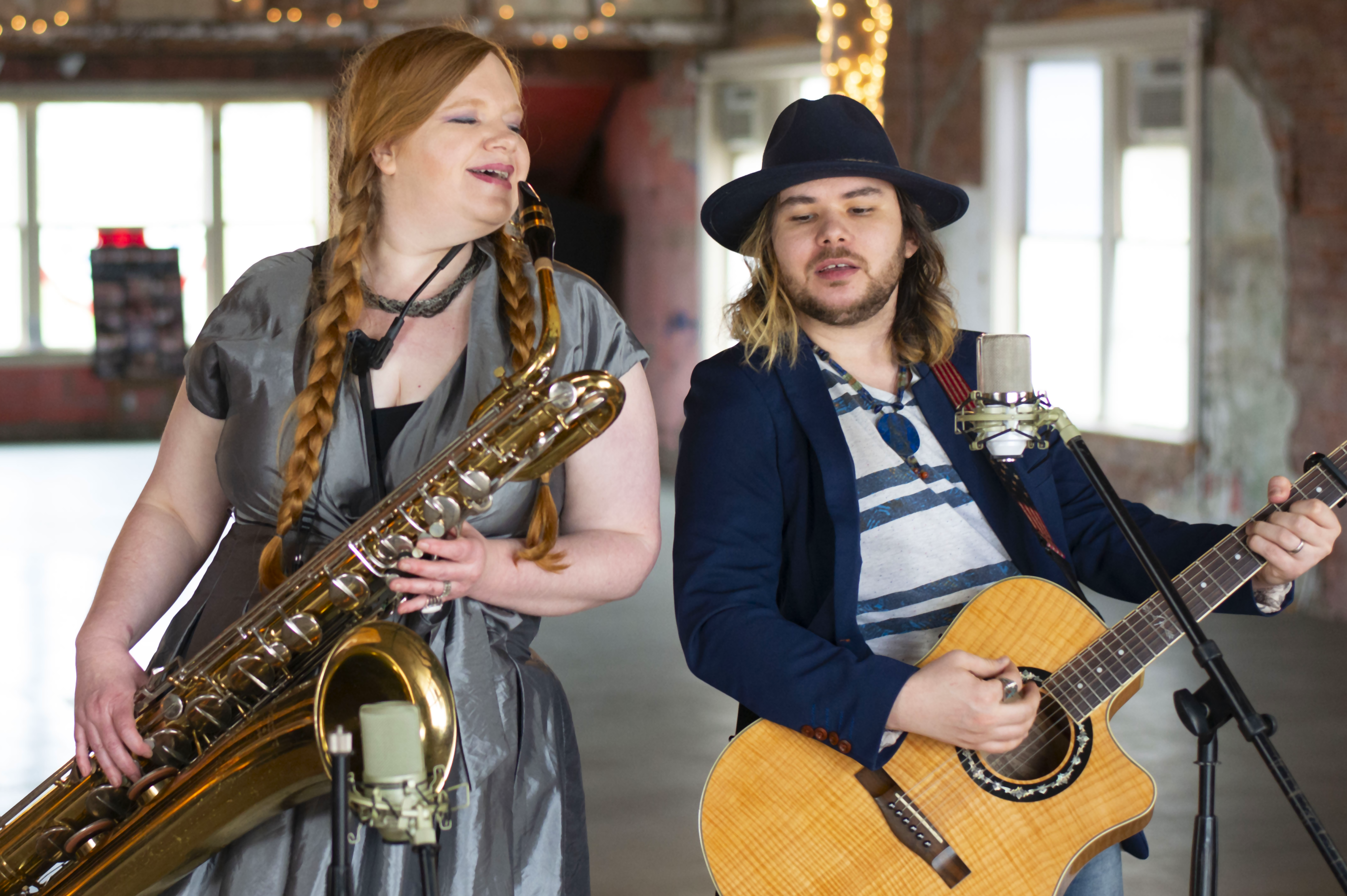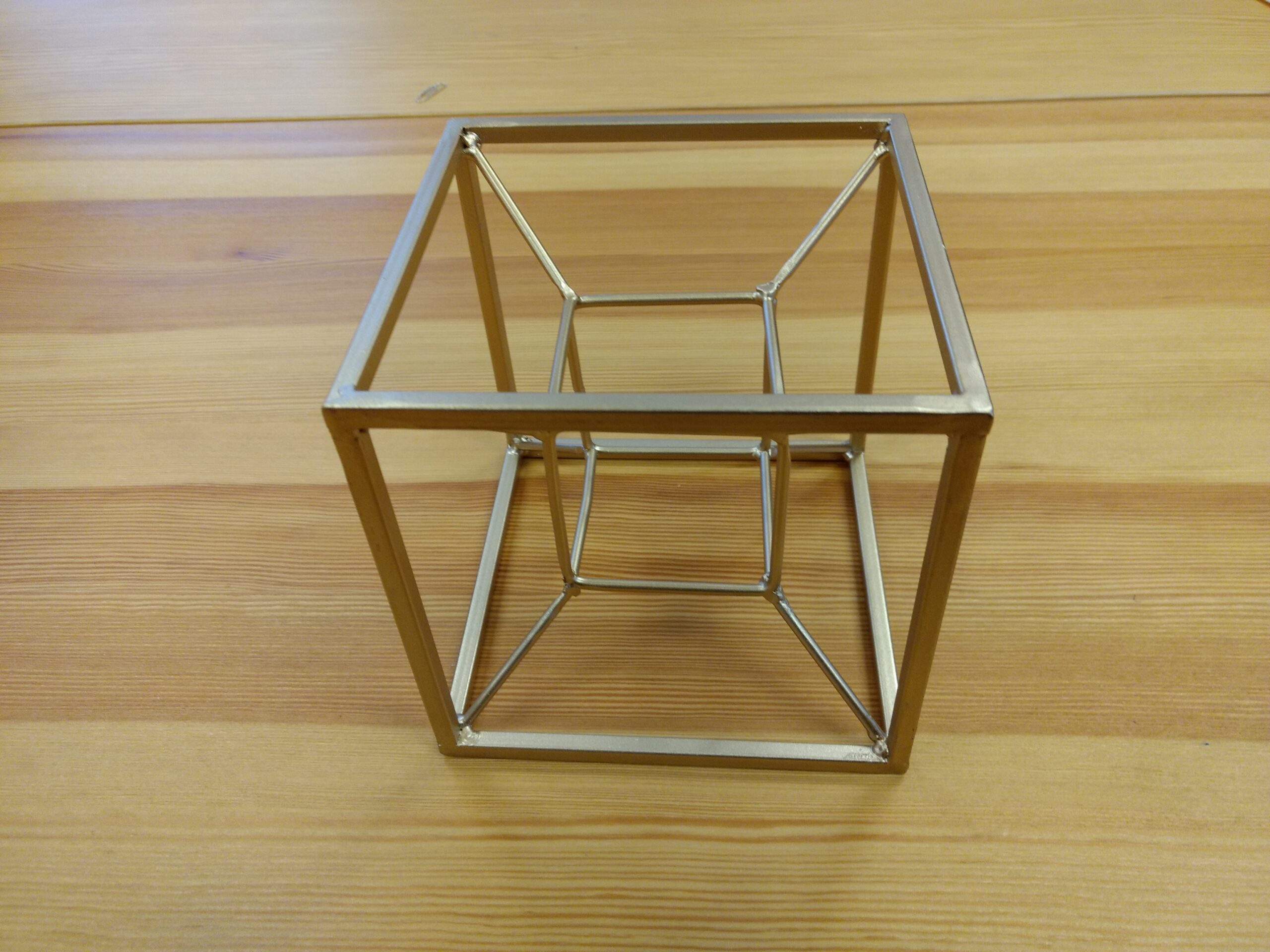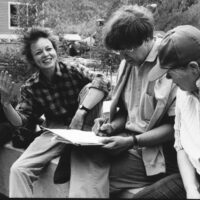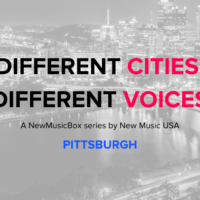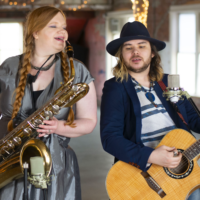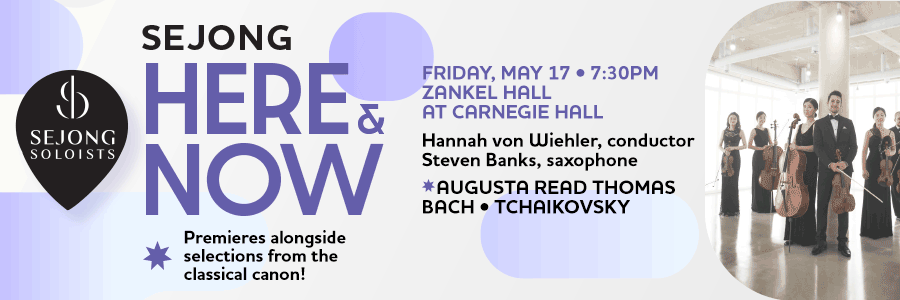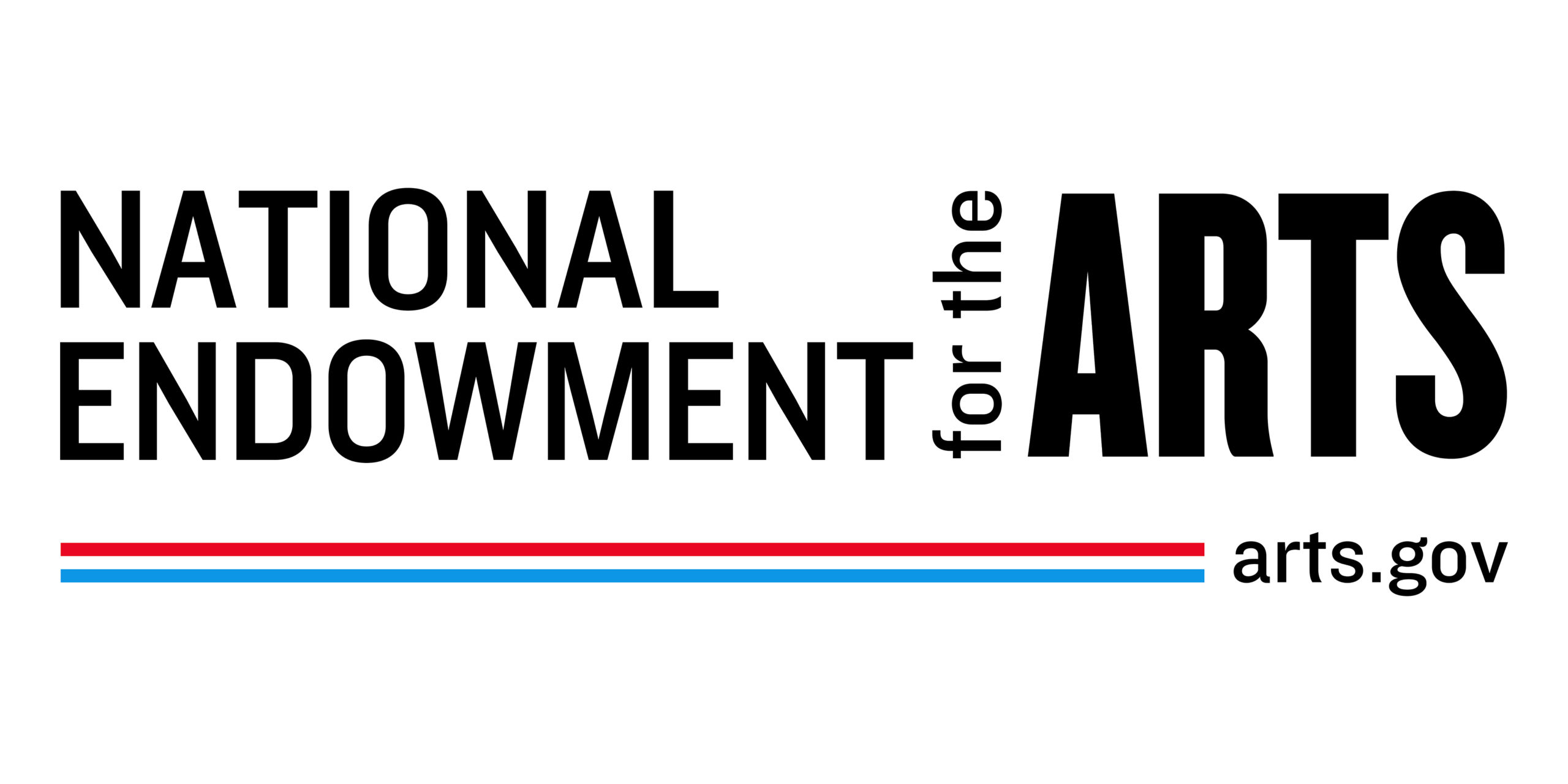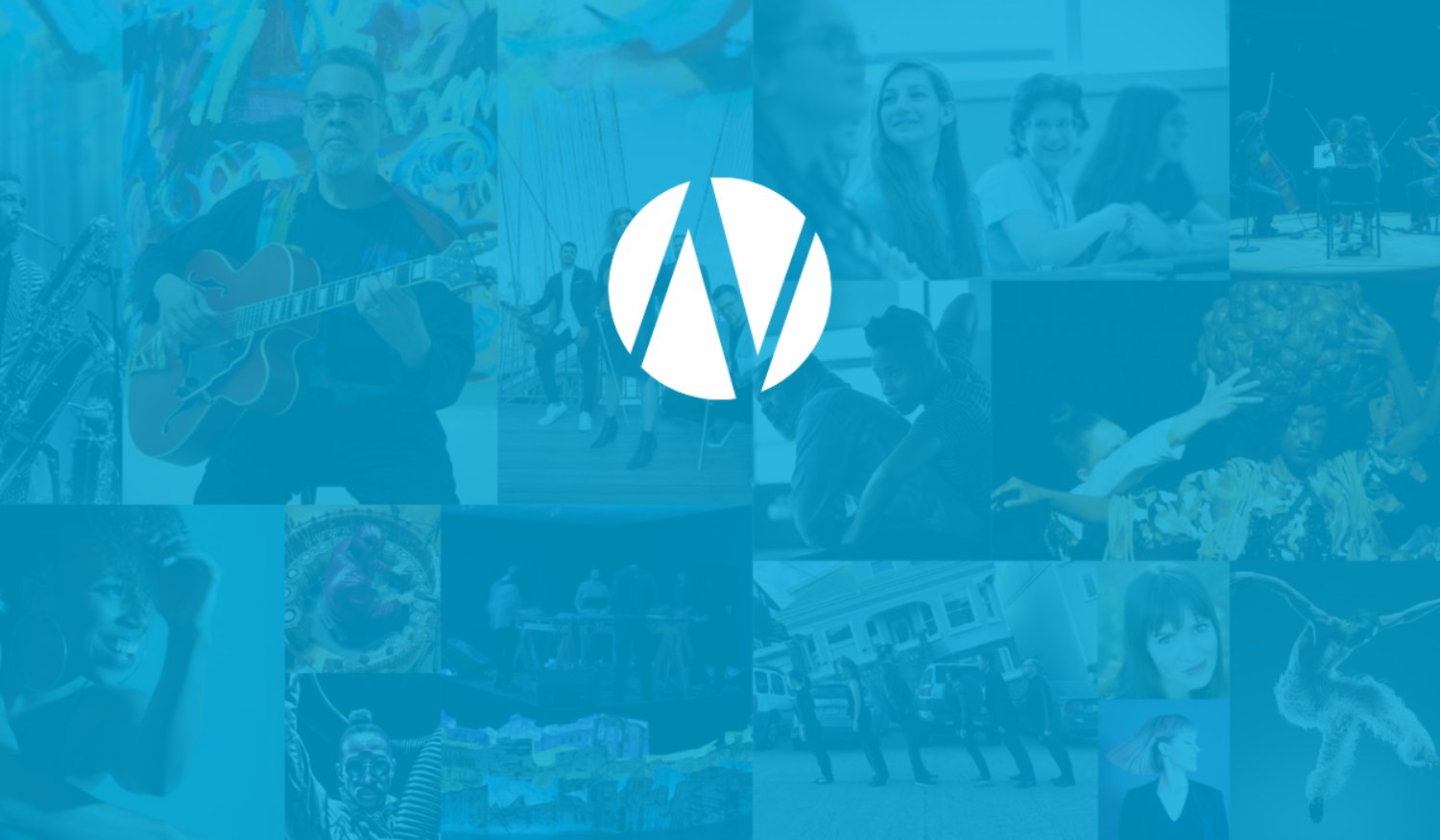
Whether or not the Met’s audience is representative of classical music audiences (maybe not), and whether or not Gelb’s excitement was warranted (probably not), and whether or not the temperature of cultivated music can be adequately taken by a single metric (certainly not), we can agree that it is thought that the patrons of classical music in the United States are old and getting older.

Composer Arlene Sierra is the closest thing to a “musical entomologist” that we will probably find in the world of contemporary music. The first word that comes to my mind when listening to her music is “spin,” and the accompanying visual is that of a spider weaving an intricate web with speed and dexterity, into which a myriad of other tiny creatures unsuspectingly wind themselves up.

When I was working towards my master’s degree, one of my composition teachers loved helping me start new pieces. As I was coming up with ideas for the next project, our lessons would be excitingly animated. He would ask me to question all of my basic assumptions and would direct me towards possibilities that I never could have seen myself.

I have the uncanny ability to walk into the two supermarkets in my neighborhood every time a Katy Perry song is playing on whichever radio station that these supermarkets feed through their speaker systems. Either that or Katy Perry songs are pretty much always on the radio no matter what time of the day it is. If it’s the former, I suppose I’m being punished for years of trying not to be trapped by my own personal judgments and to have an appreciation for all of the world’s music. But if it’s the latter, then there’s something tantamount to mind control at play on the airwaves.

Like nearly all arts organizations, the mission of many orchestras (in the U.S. and abroad) has grown to incorporate the hazy nebulae of “Education and Outreach.” Of course, it’s the obvious thing to do. But, for me, it’s another symptom of the precarious position of art in our culture. Over the last 50 years, one could point to a shakedown and oversimplified sorting-out of art and entertainment.

I don’t claim the music of Frank Sinatra to be “inferior” to anyone’s and I have no problem, per se, with his music. In fact, I like it … a lot—even his drivel, like “High Hopes.” Ole’ Blue Eyes studied his craft diligently and held his music to high artistic standards. His bands played great arrangements and included top-notch musicians. But Sinatra’s music isn’t a vehicle that I find conducive for my artistic standards. For one thing, there aren’t enough bass solos.

While many of the questions I’ve asked the composers I’ve been interviewing have focused on topics directly or indirectly related to the artistic side of their careers, I have also been inquiring about their experiences with the business of having a career as a composer. After the many stories I’ve heard already, it is hard to imagine too many career paths outside of composing that would allow for such a myriad of options.

The speed at which computers and music gear in general become obsolete makes me wonder increasingly about the compositions out there that have been created for very specific equipment that no longer exists. The act of keeping everything current and updated is a big part of composer “life maintenance.”

Another 4th of July spent in Washington, D.C. always makes me acutely aware of patriotic gestures, and musically there has never been a shortage of American patriotic music, from marches and anthems to labor-leaning tunes by some of the 20th century’s most influential composers.

The Dutch government is slashing two hundred million euros literally overnight from the country’s arts budget. As a result, STEIM, along with many other arts organizations and music ensembles in the Netherlands, is losing funding in a drastic and devastating blow to the culture sector (read The Dark Age Netherlands). Despite all of STEIM’s activities and generous service and support to the international community, on January 1, 2013, it will lose its entire structural funding.

My better half and I sometimes play the Roman Numeral Game when recorded music is playing—film credits, grocery shopping, and so on. In this simple diversion, we hold up a number of fingers indicating the appropriate Roman numerals corresponding to the harmony that’s happening at the moment in the music.

Harley Gaber left this world just as a recording of his In Memoriam 2010 was making its public way out into it. Only a few weeks after the release of this beautiful and sometimes terrifying album, Gaber’s friend and colleague at the Innova label, Philip Blackburn, passed on the news of Gaber’s suicide. It is in a way a difficult thing to dig into this new piece and the deeper catalog of work now archived on Gaber’s website knowing that the creator is gone, but of course this is also the way to celebrate the work he left us.

Beginnings are difficult. Even for a column like this, I tend to delete four or five versions of the opening paragraph before feeling comfortable with the thrust of my ideas, before the momentum can carry forward into complete thoughts. When working on a new composition, the problems increase exponentially, often resulting in literally dozens of false starts as I launch into a new work.

My blog from last week inspired one of my regular off-site commentators to a criticism that raises an important issue about American music. The springboard for the comment was my admission that a group I am in had agreed to explore a new strategy in our improvisation with the end of “presenting something palatable to a broader audience than just ourselves.”

In addition to the megahit records (“Killing Me Softly”, “I Got a Name”), TV themes (Happy Days, Love Boat), and film scores (Barbarella, 9 to 5), Charles Fox has composed extensively for jazz and Latin bands as well as chorus, orchestra, and ballet. He’s probably the only person on the planet who can boast connections to both Nadia Boulanger and Barry Manilow!

Last week I helped my colleagues sift through 140(!) submissions for NYSSMA’s Young Composer’s Concert that will occur at the Winter Conference in Rochester this December. These submissions were sent in from all over the state of New York by composers who ranged in age from a girl in 2nd grade to several 11th graders; instrumentation ranged from solo piano to full orchestra and styles were all over the map.

The received wisdom of classical performance practice is simply one way among many, yet it is through direct exploration of sound (and apprehension of what kinds of sound excites and moves us) that performance practices came to be in the first place. While I have very great respect for those who take similar delight in the exploration of classical technique, I’m fortunate that my own false starts eventually led me back to the elements with which I formed my earliest musical bonds.

For many composers, one of the most challenging instruments to write for is piano. Not only because of the enormous wealth of repertoire already in existence for the instrument, but also because a lot of us grew up playing and studying it. The irony of this statement is obvious, and the next question is, of course, “but if you actually play the piano, doesn’t that make it easier to write for it?” In some cases, yes, absolutely. But in a surprising number of others, not at all.

I am what is known in certain Asian circles as a banana: yellow on the outside, white on the inside. Yellow as a product of Chinese parents; white as a result of my being born in Canada to parents who immigrated to Canada before I was born. And as it is for many second-generation Asians, the question of my identity includes a complex web of issues that have no easy resolution.

The birthday piece has to be one of the nicer rituals in the world of contemporary composition. No matter how much this cruel colosseum makes us snipe and claw each other over scraps from an already stingy patronage when we ought to be allies rather than competitors, the birthday concert gives us permission to salute unreservedly, together, a composer we admire.

Philip Corner’s 1962 Piece for Malcolm Goldstein by Elizabeth Munro is undeniably an extraordinarily difficult way to open a recording; it’s hard to imagine it luring people to listen through the entire track and beyond to whatever else follows it unless they are already hardcore devotees of uncompromising experimentalism. Yet that’s precisely what Pogus Productions has done on Pieces from the Past by Philip Corner for the Violin of Malcolm Goldstein, a CD retrospective which features a rare, long out of print track and four previously unreleased tracks from live performances. Positioning this stark music at the very beginning, however, provides an ideal grounding to help listeners understand the unusual nature of this extraordinary composer-performer relationship.

I wonder whether the training-peak-recovery cycle of marathon runners and other athletes would benefit performing musicians. It appears to me that the technical demands of musical instruments are very similar to those of world-class athletes. The basic technique for every instrument requires at least some element of strength and stamina, and over time most musicians physiologically adapt to better suit their instrument.

There were significant movements in all of the arts during the 20th century that involved subverting intent. In addition, there are tons of viable examples of found art, found poetry, found music, etc. whose aesthetic value we might never have been able to fathom were we not liberated to pay attention to such things as art as a result of intentionality losing its exclusive imprimatur on the creative process.

The National Endowment for the Arts (NEA) today announced the final recipients of the Opera Honors and Jazz Masters programs which in subsequent years are to be subsumed into a proposed NEA American Artists of the Year program. The four Opera Honorees—composer Robert Ward, mezzo soprano Risë Stevens, stage director John Conklin, and Seattle opera General Director Speight Jenkins—and the five Jazz Masters—Jack DeJohnette, Von Freeman, Charlie Haden, Sheila Jordan, and Jimmy Owens—will each receive a one-time award of $25,000 and be publicly honored in awards ceremonies in the coming months.
